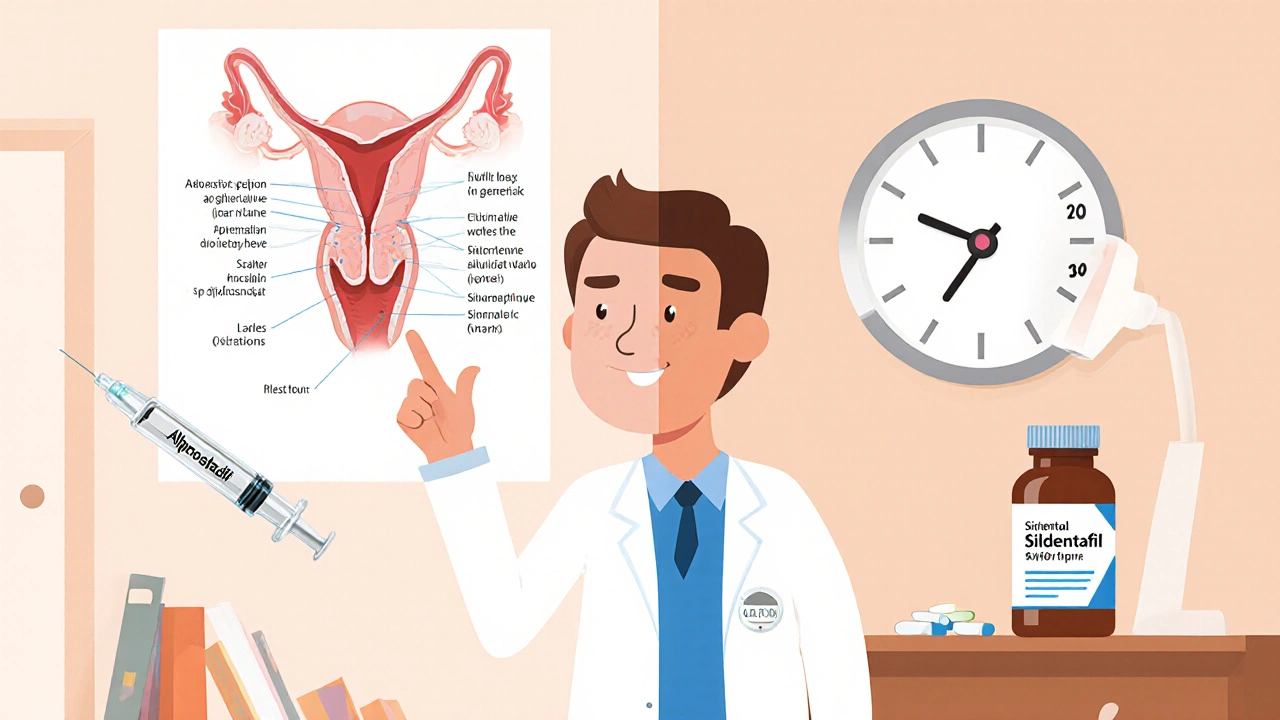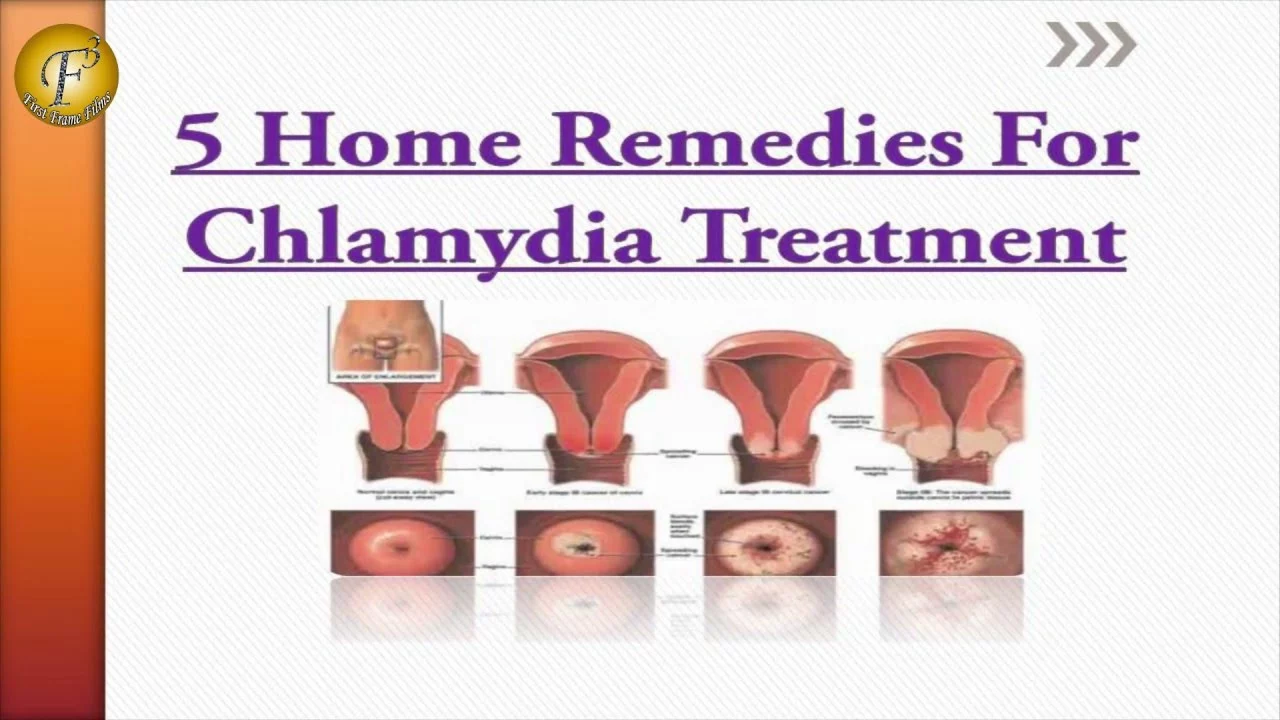Sexual Health: Testing, Prevention & Practical Care
Many sexually transmitted infections show no symptoms. Chlamydia is a good example — you can feel fine and still have an infection that causes long-term problems if untreated. That’s why sexual health isn’t just about condoms and birth control; it’s about regular checks, honest talks, and knowing where to get help fast.
This category brings together clear, practical information on testing, prevention, treatment basics, and how to talk with partners and providers. You’ll find straightforward guides on common STIs, when to get tested, what tests look for, and how treatment works. Start with small steps: check your testing schedule, learn the testing options, and bookmark a reliable clinic or service near you.
Testing & Prevention
Testing is the most reliable way to know your status. Common tests include urine or swab tests for chlamydia and gonorrhea, blood tests for HIV and syphilis, and HPV screening for people who meet age or screening criteria. The CDC recommends annual chlamydia and gonorrhea screening for sexually active women under 25 and older women with risk factors; others should test based on new partners or symptoms. If you’re unsure, ask your doctor or a local sexual health clinic.
You can get tested at primary care offices, sexual health clinics, community health centers, and some pharmacies. Home test kits are an option too, but make sure they’re from a trusted provider and include clear instructions for sample collection and follow-up care. Prevention tools include condoms and dental dams, regular testing, limiting the number of partners, and HPV vaccination to reduce cancer risk. Combining methods gives the best protection.
Talk, Treat, Protect
Found something on a test? Treatment is usually straightforward. Chlamydia, for example, is typically treated with antibiotics like azithromycin or doxycycline prescribed by a clinician. Your provider will explain the right medicine, how long to take it, and when it’s safe to resume sex. Notify recent partners so they can get tested and treated — this stops reinfection and further spread.
Talking about STI testing can feel awkward. Try a simple, honest line: "I get tested regularly — when were you last tested?" Offer to go together or share where you get your care. Confidentiality rules protect most testing in clinics, and many places provide anonymous partner notification services if you prefer.
Want more on chlamydia and early detection? Read our post "The Importance of Chlamydia Testing and Early Detection" for specifics on symptoms, testing steps, and why early treatment matters. If you have symptoms like unusual discharge, pelvic pain, burning when peeing, or bleeding between periods, see a clinician promptly. No shame, just care.
Action matters more than worry. Pick one step today: order a home kit, book a clinic visit, or bring up testing with your partner. Regular checks and clear communication protect your health and your relationships. RX2Go.com is here with reliable guides and resources to help you stay informed and get care when you need it.

MaxGun Sildenafil Sublingual Spray vs Top ED Alternatives - 2025 Comparison

Alprostadil vs Alternatives: Side‑by‑Side Comparison

Managing Vaginal Burning During Your Period: Effective Relief Tips

How Cultural Beliefs Shape the Choice of Vaginal Surgery
